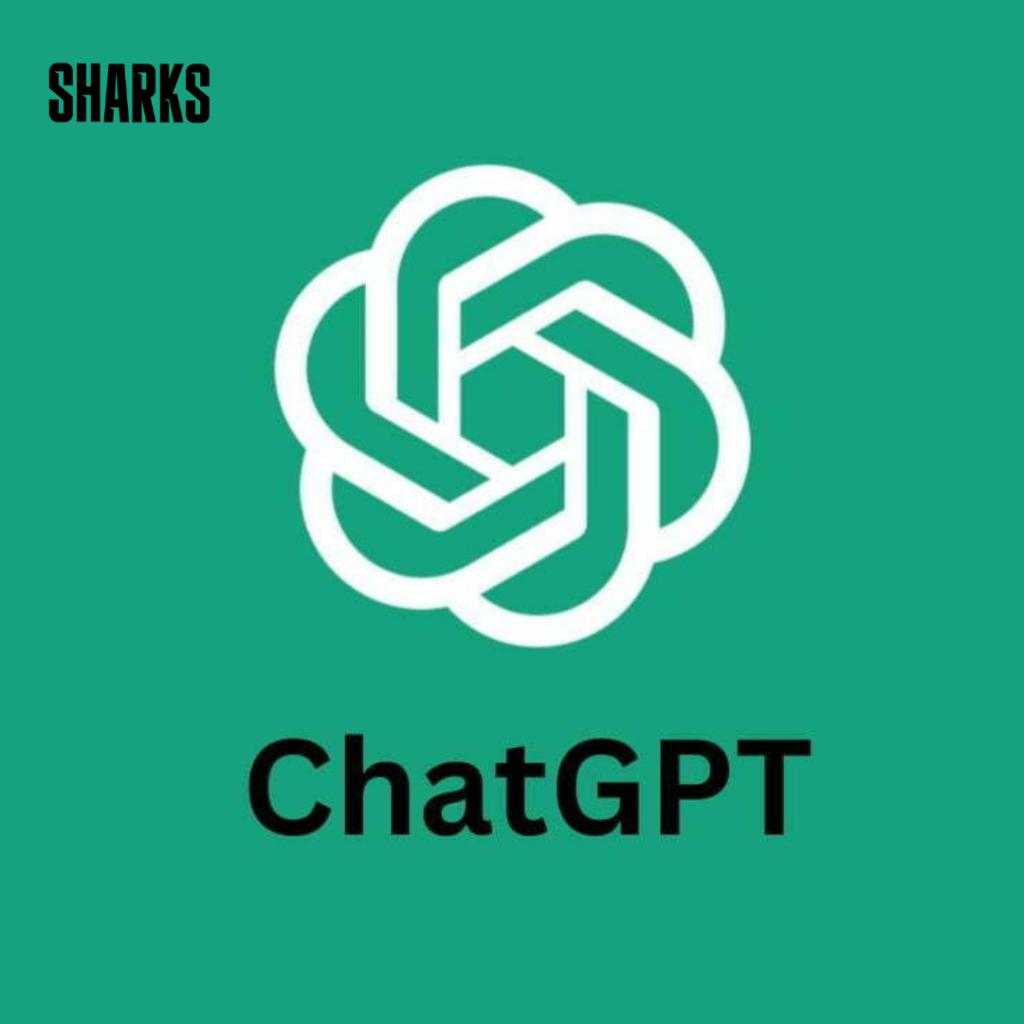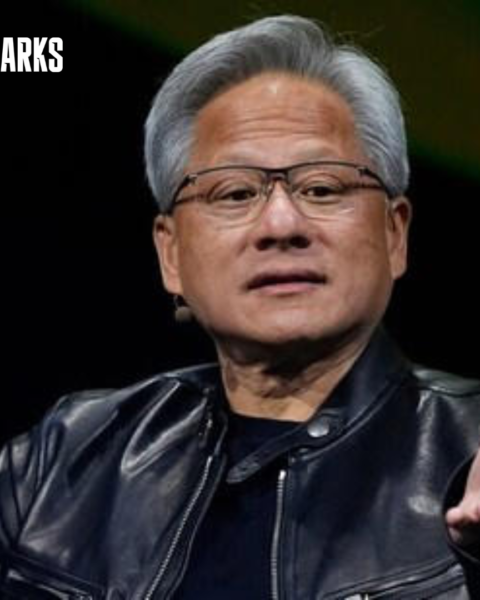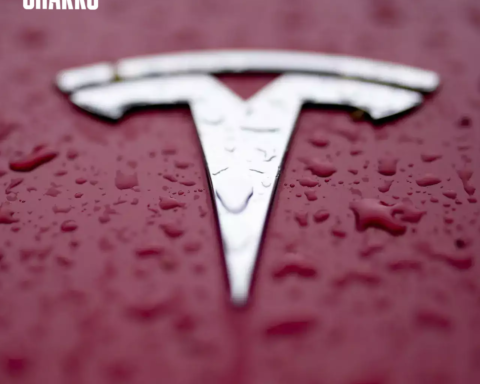EU task force highlights data accuracy concerns with ChatGPT

OpenAI’s actions to produce less factually incorrect output from its ChatGPT chatbot are not enough to assure full adherence with European Union data rules, a job force at the EU’s privacy watchdog said.
Introduction:
A report from a task force under Europe’s national privacy watchdogs has raised concerns about the data accuracy of OpenAI’s ChatGPT, despite measures taken to enhance transparency.
The task force, established last year following concerns led by Italy’s data protection authority, has emphasized that transparency alone is insufficient to ensure compliance with data accuracy principles.
Transparency vs. Data Accuracy:
While acknowledging the benefits of transparency in preventing the misinterpretation of ChatGPT’s outputs, the task force asserted that these measures do not fully address the principle of data accuracy.
This principle is a cornerstone of the EU’s data protection regulations, underscoring the need for reliable and factual information handling.
Ongoing Investigations:
The report mentioned that various national privacy watchdogs within the EU are conducting ongoing investigations into ChatGPT.
Also read: NVIDIA STOCK SOARS AMID STRONG AI CHIP DEMAND AND FORECASTS
Due to the ongoing nature of these investigations, a comprehensive description of the results is not yet available. The findings presented in the report represent a common understanding among the national authorities involved.
Challenges of Probabilistic Models:
The task force highlighted inherent challenges associated with the probabilistic nature of ChatGPT’s training approach. Such models can produce biased or fabricated outputs, posing significant risks to data accuracy.
The report stressed that end users might perceive ChatGPT’s outputs as factually accurate, regardless of their true accuracy, including information about individuals.
Concerns from National Regulators:
The task force was formed after national regulators, spearheaded by Italy, expressed concerns over the widespread use of ChatGPT and its implications for data privacy.
The report reflects a collective stance among European data protection authorities, urging a closer examination of how AI systems like ChatGPT handle and present data.
Conclusion:
The EU task force’s report underscores the critical need for balancing transparency with data accuracy in AI systems like ChatGPT.
As investigations continue, the focus remains on ensuring that AI-generated outputs adhere to stringent data protection standards, mitigating risks of misinformation and biased data.
OpenAI has yet to respond to these findings, but the ongoing scrutiny highlights the importance of robust data handling practices in the development and deployment of artificial intelligence technologies.
Share This
Tony Boyce is a seasoned journalist and editor at Sharks Magazine, where his expertise in business and startups journalism shines through his compelling storytelling and in-depth analysis. With 12 years of experience navigating the intricate world of entrepreneurship and business news, Tony has become a trusted voice for readers seeking insights into the latest trends, strategies, and success stories.























